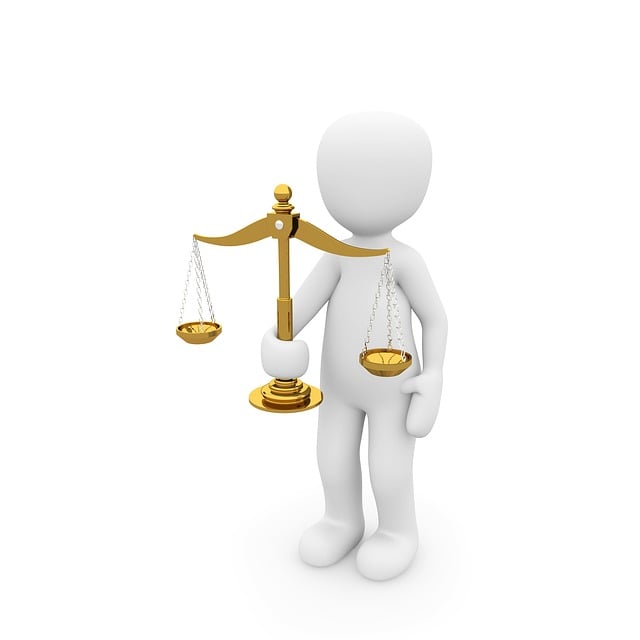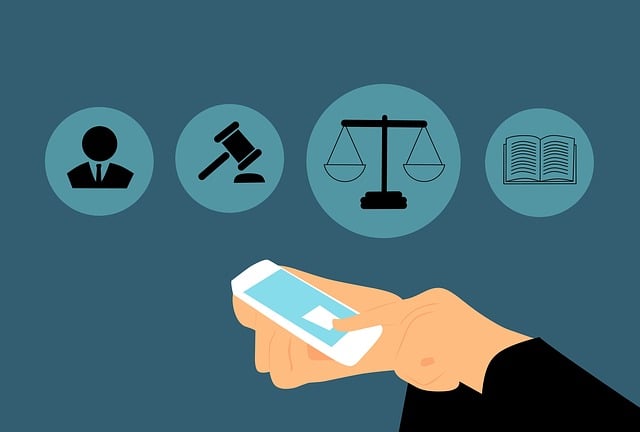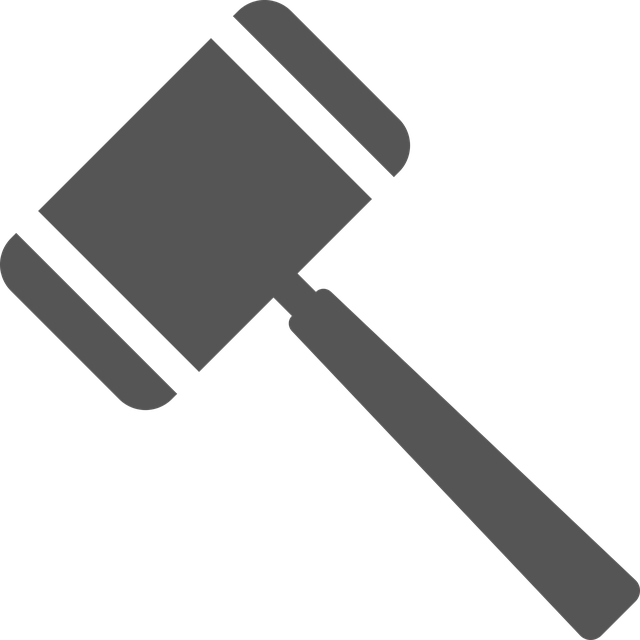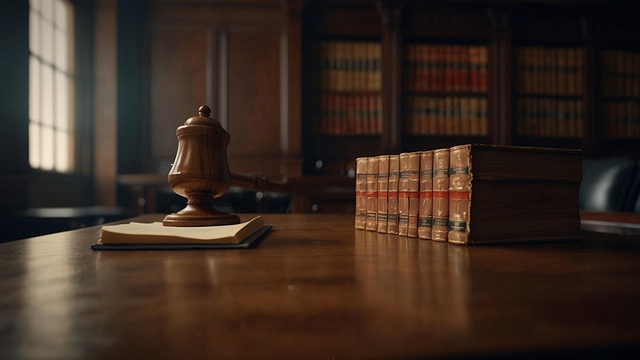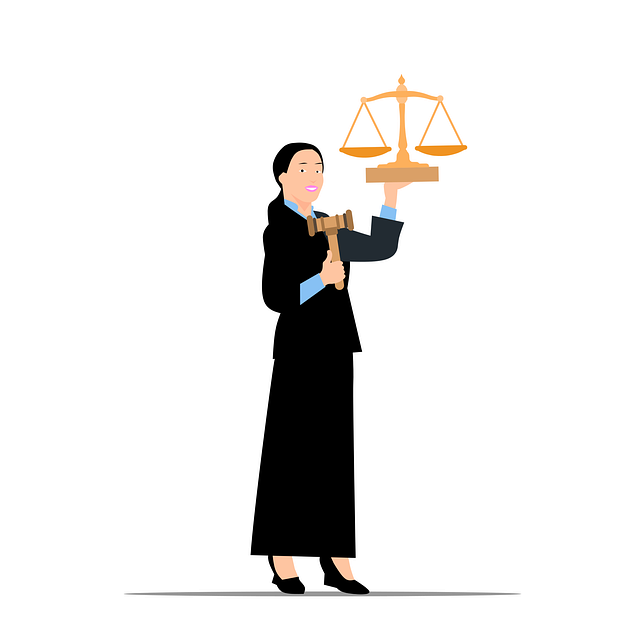
Category: Aurora Misdemeanor Representation
Aurora Misdemeanor Representation: Navigating Legal Landscapes for a Just Society
Introduction
Welcome to an extensive exploration of Aurora Misdemeanor Representation, a legal concept that has garnered significant attention in recent years. This article aims to dissect and demystify this topic, offering readers a comprehensive understanding of its intricacies, global implications, and future potential. By delving into various facets, from historical foundations to technological innovations, we will uncover the profound impact Aurora Misdemeanor Representation has on legal systems worldwide.
Understanding Aurora Misdemeanor Representation: Unraveling the Basics
Definition: Aurora Misdemeanor Representation refers to a legal strategy and advocacy approach focused on defending individuals accused of minor offenses or misdemeanors. It emphasizes fairness, rehabilitation, and the minimization of negative consequences for those involved.
Core Components:
-
Legal Defense: This involves providing skilled legal counsel, ensuring the rights of the accused are protected throughout the legal process. Lawyers specializing in this field leverage loopholes, procedural errors, or mitigating circumstances to achieve favorable outcomes.
-
Community Engagement: Aurora Misdemeanor Representation often includes community-based programs that offer support and guidance to those facing misdemeanor charges. These initiatives promote rehabilitation, reduce recidivism, and foster a sense of reintegration into society.
-
Alternative Dispute Resolution (ADR): ADR techniques, such as mediation or restorative justice, are employed to resolve misdemeanor cases outside the traditional courtroom setting. This approach can lead to faster resolutions, reduced costs, and more satisfying outcomes for all parties involved.
Historical Context: The concept has its roots in the 19th-century reform movement that sought to humanize the criminal justice system. Over time, it evolved from a mere focus on punishment to a more nuanced approach, considering the circumstances of each offense and the potential for rehabilitation. This shift led to the establishment of specialized legal services dedicated to misdemeanor cases.
Significance: Aurora Misdemeanor Representation plays a critical role in ensuring that the criminal justice system remains balanced. It prevents the over-incarceration of individuals for minor offenses, reduces the strain on courts and prisons, and promotes social reintegration. This approach is particularly vital in diverse societies, where cultural, socioeconomic, and racial disparities can influence legal outcomes.
Global Impact and Trends: A World-Wide Perspective
Aurora Misdemeanor Representation has left an indelible mark across continents, with varied interpretations and implementations. Here’s a glimpse into its global influence:
| Region | Trends & Observations | Unique Aspects |
|---|---|---|
| North America | The US and Canada have embraced Aurora-inspired models, focusing on restorative justice and community service. However, disparities in access to legal representation remain a challenge. | Specialized public defender programs offer pro bono services for misdemeanors, ensuring fairness. |
| Europe | Many European countries have adopted ‘diversion’ programs, aiming to divert low-level offenders from formal prosecution. This approach aligns with the core principles of Aurora Misdemeanor Representation. | The Netherlands’ ‘Community Service Order’ is a notable example, emphasizing rehabilitation and community involvement. |
| Asia Pacific | Some Asian nations are incorporating restorative justice practices into their legal systems, with mixed results. Cultural sensitivities play a significant role in shaping these initiatives. | Japan’s ‘Community Rehabilitation Program’ focuses on reintegrating offenders back into society through community service. |
| Middle East & Africa | The region is witnessing a gradual shift towards more humane criminal justice systems, inspired by international standards and human rights principles. | South Africa’s ‘Restorative Justice Pilot Project’ in Cape Town has shown promising outcomes in resolving minor offenses peacefully. |
Economic Considerations: The Financial Landscape of Aurora Misdemeanor Representation
The economic implications of Aurora Misdemeanor Representation are multifaceted, impacting various sectors:
-
Legal Services Market: Specialized legal firms offering Aurora-based representation have emerged, catering to a growing demand for alternative dispute resolution and defense strategies. This segment is expected to expand as awareness increases.
-
Government Budgets: Governments worldwide allocate funds for criminal justice systems, including resources for public defenders and community-based programs. The effectiveness of these investments varies based on the region’s legal culture and resource allocation.
-
Economic Growth and Stability: Studies suggest that efficient misdemeanor resolution through Aurora principles can lead to cost savings for governments and reduce economic burdens associated with incarceration. This, in turn, can free up resources for other social sectors.
Technological Advancements: Digital Tools for Justice
Technology has revolutionized the legal landscape, and Aurora Misdemeanor Representation is no exception. Here’s a glimpse into some significant technological contributions:
-
Online Legal Databases: Access to comprehensive case law and legal research databases enables lawyers to navigate complex misdemeanor cases with precision. These resources streamline legal strategies and ensure consistency in arguments.
-
Digital Case Management Systems: Software solutions for managing misdemeanor cases have improved efficiency in court proceedings. From case tracking to document management, these tools enhance the overall legal process.
-
Telejustice and Video Conferencing: The rise of telejustice allows accused individuals to participate in court hearings remotely, especially beneficial for those facing travel restrictions or living in remote areas. This technology has gained prominence during the COVID-19 pandemic.
-
Artificial Intelligence (AI): AI is being explored for predictive analytics, helping identify patterns in misdemeanor cases and potential risk factors. While still in its infancy, AI holds promise for more efficient case management and resource allocation.
Case Studies: Success Stories and Lessons Learned
The New York City Restorative Justice Program
New York City implemented a restorative justice program focused on youthful misdemeanors. Offenders were brought before ‘restorative circles’ where victims and communities were involved in the healing process. This initiative led to reduced recidivism rates and improved community satisfaction.
Key Takeaways:
- Community engagement is crucial for successful misdemeanor resolution.
- Restorative justice practices can foster a sense of accountability and repair.
The Danish Diversion Program
Denmark’s ‘Diversion’ model diverts minor offenders from court, offering them community service or participation in educational programs. This approach has resulted in significantly lower incarceration rates compared to neighboring countries.
Lessons Learned:
- Early intervention and diversion can prevent long-term legal consequences for misdemeanors.
- Cultural factors influence the success of such programs; Danish society’s emphasis on social welfare contributes to their effectiveness.
Challenges and Controversies: Navigating the Complexities
Despite its many successes, Aurora Misdemeanor Representation faces several challenges:
-
Resource Allocation: Adequate funding for public defender services and community-based programs remains a struggle in many regions, impacting the quality of representation.
-
Cultural Barriers: Implementing restorative justice practices can be challenging in cultures that prioritize punishment over rehabilitation. Overcoming these cultural barriers requires sensitivity and adaptation.
-
Political Will: The success of Aurora principles often hinges on political support and commitment to criminal justice reform, which may fluctuate with changing administrations.
Future Prospects: Shaping the Next Frontier
The future of Aurora Misdemeanor Representation is promising, with several potential developments:
-
AI and Predictive Analytics: Advanced AI systems could enhance case management, allowing for more efficient allocation of legal resources and community support services.
-
Global Collaboration: Sharing best practices and success stories internationally can lead to the development of globally accepted standards for misdemeanor treatment.
-
Integrating Mental Health Services: Recognizing the intersection of misdemeanor offenses and mental health issues, there’s a growing push to integrate specialized mental health services into legal systems.
-
Technology for Community Engagement: Digital platforms can facilitate community involvement in restorative justice processes, making these initiatives more accessible and inclusive.
Conclusion: Towards a Fairer Criminal Justice System
Aurora Misdemeanor Representation has evolved from a niche legal strategy to a global movement, shaping the future of criminal justice systems worldwide. By embracing technological advancements, fostering community engagement, and prioritizing rehabilitation, this approach offers a path towards fairness, justice, and social harmony. As we navigate the challenges and embrace the opportunities ahead, the impact of Aurora Misdemeanor Representation will continue to resonate in legal halls and communities worldwide.



